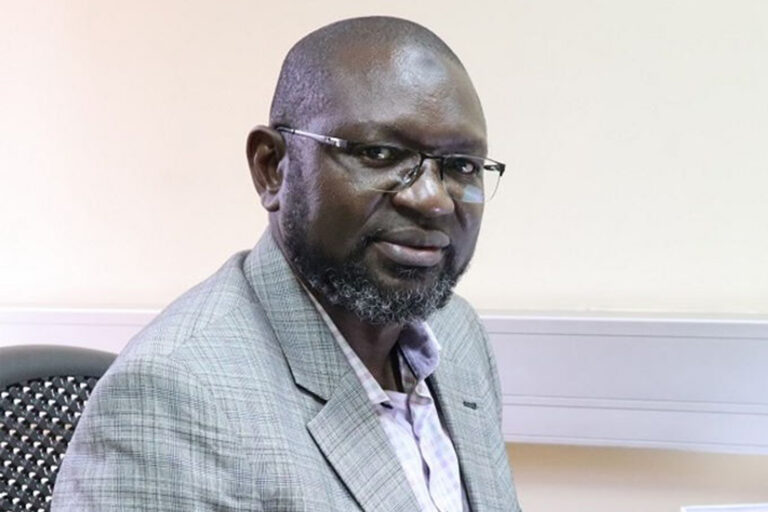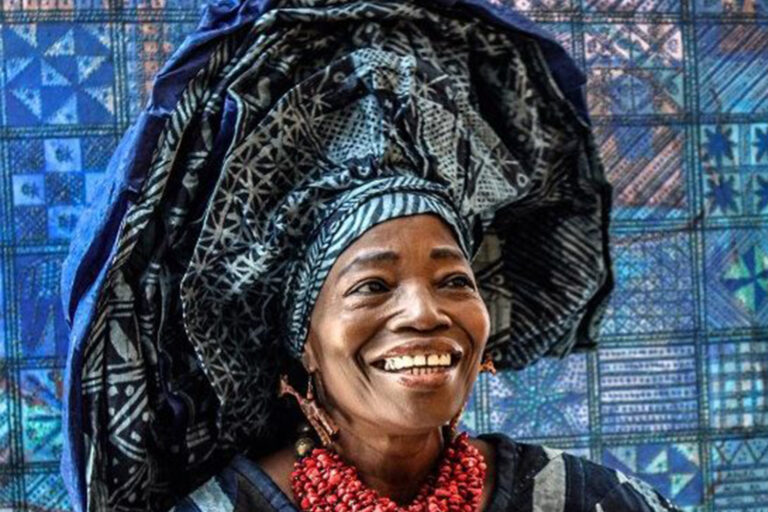“COVID19 has generated an unintended consequence of speeding up the digital innovation in Africa led by the youthful population with the common market as their reach and the returning diaspora as the icing on the cake…” Eric M.K. Osiakwan, Africa.com
Most on the continent are familiar with the term “remittance – a payment or amount of money sent as a gift,” often used in relation to the financial contributions of Africans Diaspora sent back home to families from Algeria to Zimbabwe. But remittances are much more than that according to the African Union who states, “The African Institute of Remittances develops the capacity of Member States of the African Union, remittance senders and recipients and other stakeholders to implement concrete strategies and operational instruments to use remittances as development tools for poverty reduction.” But regardless of these lofty goals, as of 2020 remittances have been markedly reduced based on subsequent economic effects caused by the pandemic. Though the crisis is felt in all countries, affects on African are immense. And for the typical sender, who may live a few paychecks away from scarcity, the problem is compounded and the near future numbers are bleak according to Yinka Adegoke, qz.com Africa Editor who writes, “African countries will see remittance flows drop by 23.1% to $37 billion in 2020 in the wake of the Covid-19 economic crisis according to a World Bank forecast.”
I have been thinking about the reconciliation of remittances and resources for over a decade, frankly incensed by the notion that African Diaspora was “valued” by the amount of $’s contributed with minimal accounting for overall contributions based on resources we bring to the table in Africa, beyond bank accounts. Resource, as opposed to remittance, is defined as “stock or supply of money, materials, staff, and other assets that can be drawn on by a person or organization in order to function effectively.” In these difficult times, it is the resources that should be both quantified and qualified and certainly valued. Hence I share for the purpose of encouraging and hopefully shifting the narrative of value exclusively from remittance to include resources.
The Association of Nigerian Physicians in America, 4,000 strong, has pivoted their annual visit to West Africa where care was provided to collecting and sending Personal Protective Equipment (PPE) and providing telemedicine care and training. While in Ghana, Eric M.K. Osiakwan, presents the silver lining around the dark covid19 cloud in his Africa.com article, sharing four major trends helping Africa address and overcome the pandemic. “COVID19 has generated an unintended consequence of speeding up the digital innovation in Africa led by the (the four major trends) youthful population with the common market as their reach and the returning diaspora as the icing on the cake… . Dr. Marcus Manns moved to Ghana in June 2000 to start his chiropractic and wellness center which is now a successful business and in the process met his wife – they now live between Accra and the US with their five kids. Ingrid LaFleur who once ran for the mayor of Detroit could not return after her “Year of Return” visit…has gone on to launch The Afrofuture Strategies Institute (TASI) with a triangulated location in Accra, Kigali and Johannesburg. Derrick Ashong and Lucia Brawley, co-founders of Amp Global Technologies, moved from Los Angeles to Mauritius to launch The Mic: Africa, the first multi-platform TV format created in Africa to be exported around the world, all powered by their Take Back The Mic (TBTM) app.” Ethiopia and her Diaspora are also moving the needle on social responsibility from the Diaspora with US based Ethiopian physicians actively engaged with the country’s health head honcho, Dr. Lia Tadesse and Ethiopian Diaspora High-Level Advisory Council on COVID-19 and Ethiopian Health Professionals Advisory Council on COVID-19 hosting zoom meetings in Partnership with the Ministry of Health and Ethiopian Public Health Institute addressing topics from policies to preparedness. Additionally, the recently launched “Prints for Ethiopia” by German based Ethiopian artist, Gelane Dissassa and US based filmmaker Edelawit Hussien is an initiative to raise awareness and funds through art to help feed homeless children in Addis Abeba.
Too often the Diaspora discourse has been narrowed to remittances or entitlement, with little to no regard for the resources at hand including education, experience, access and opportunities for development and the list goes on. However, as we prepare to create our “new normal” in Africa it is my hope that the Diaspora will be credited for taking action on our burning desire to help build Mother Africa, full stop. Our loyalty to the land which historically was robbed of the best, so we could build the west; combined with 20th century stories of migration, resulting in success stories, create a powerhouse. Time for recognition and reintegration of Africans at home and abroad, the best way to build Africa.
Dr. Desta Meghoo is a Jamaican born
Creative Consultant, Curator and cultural promoter based in Ethiopia since 2005. She also serves as Liaison to the AU for the Ghana based, Diaspora African Forum.





